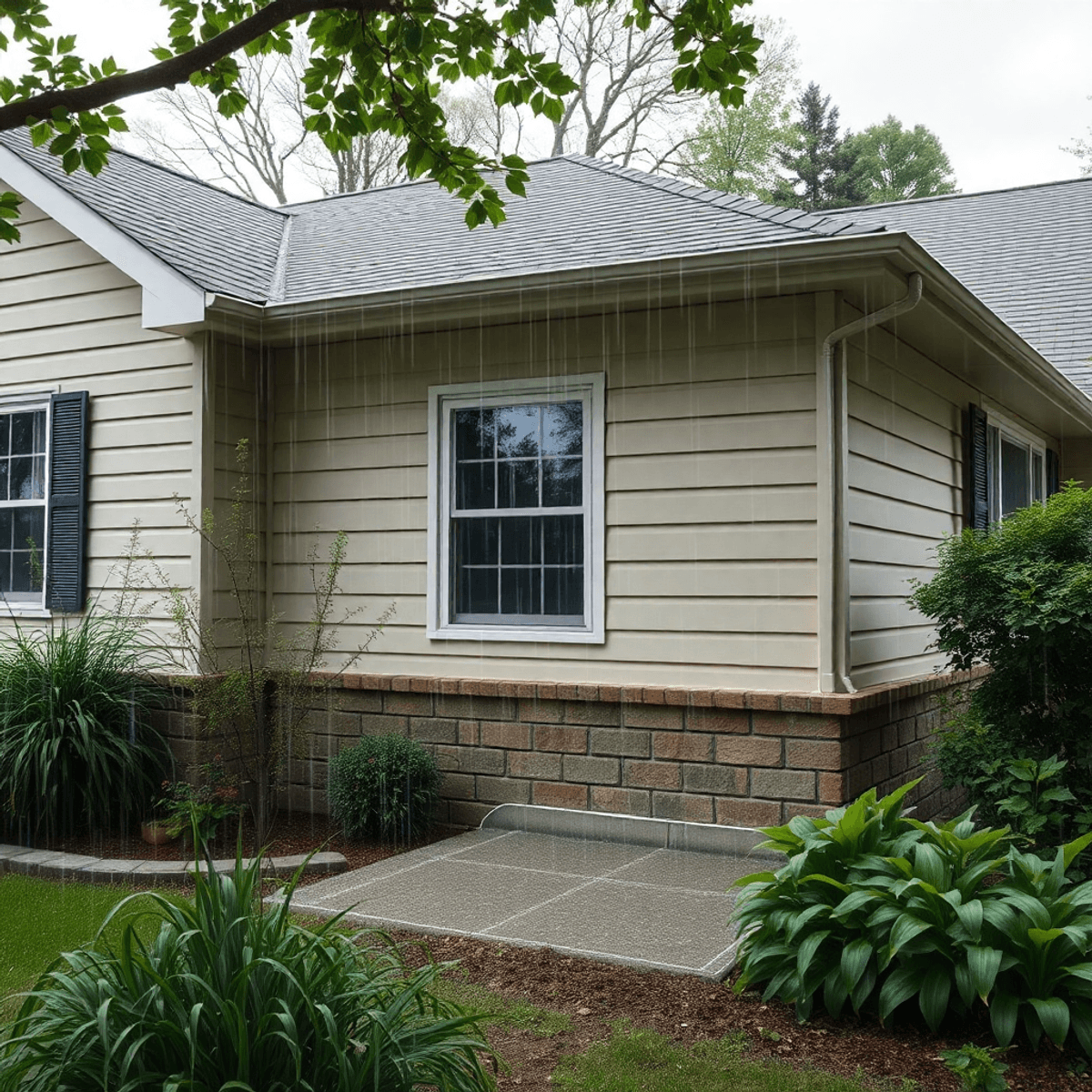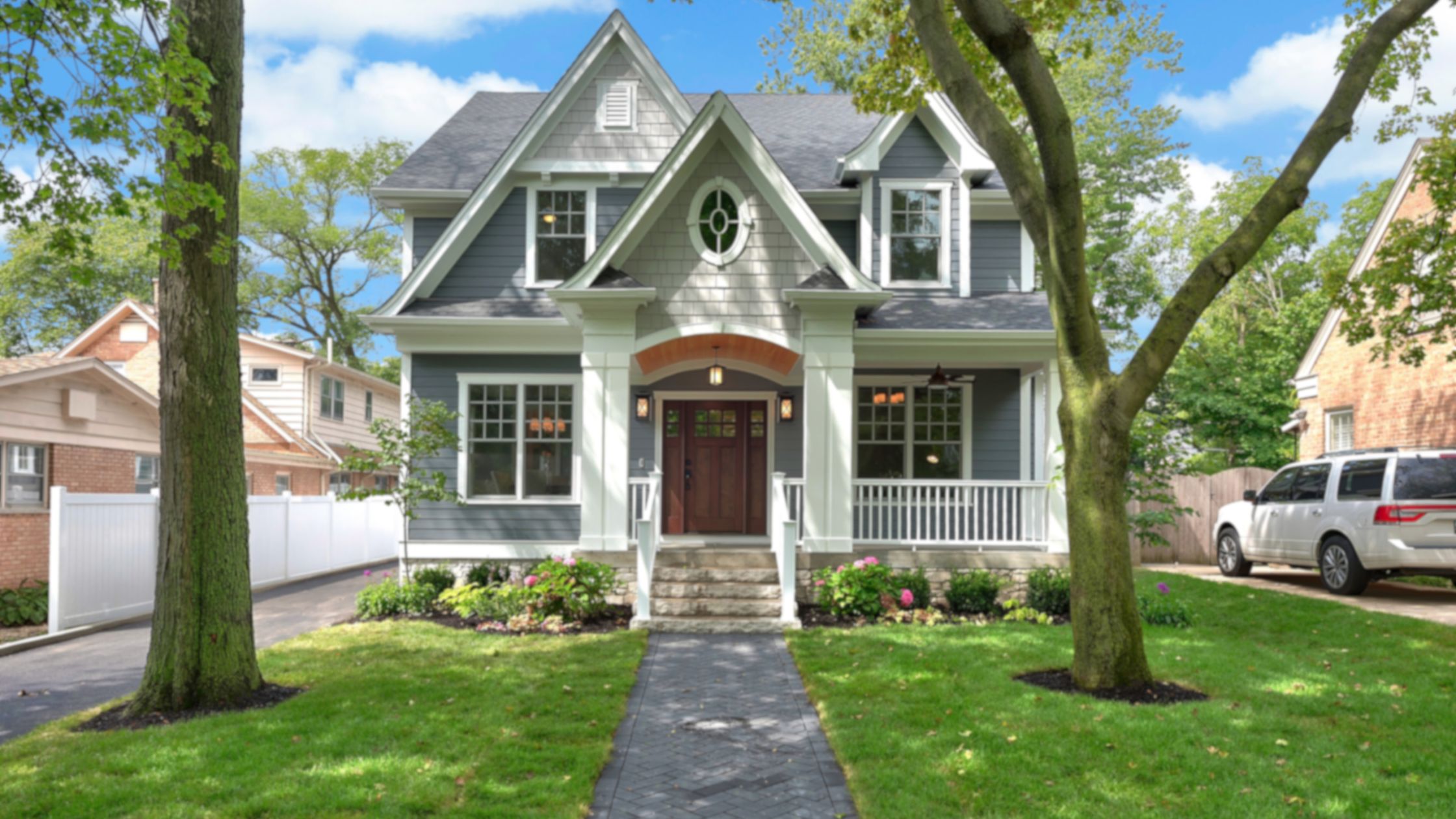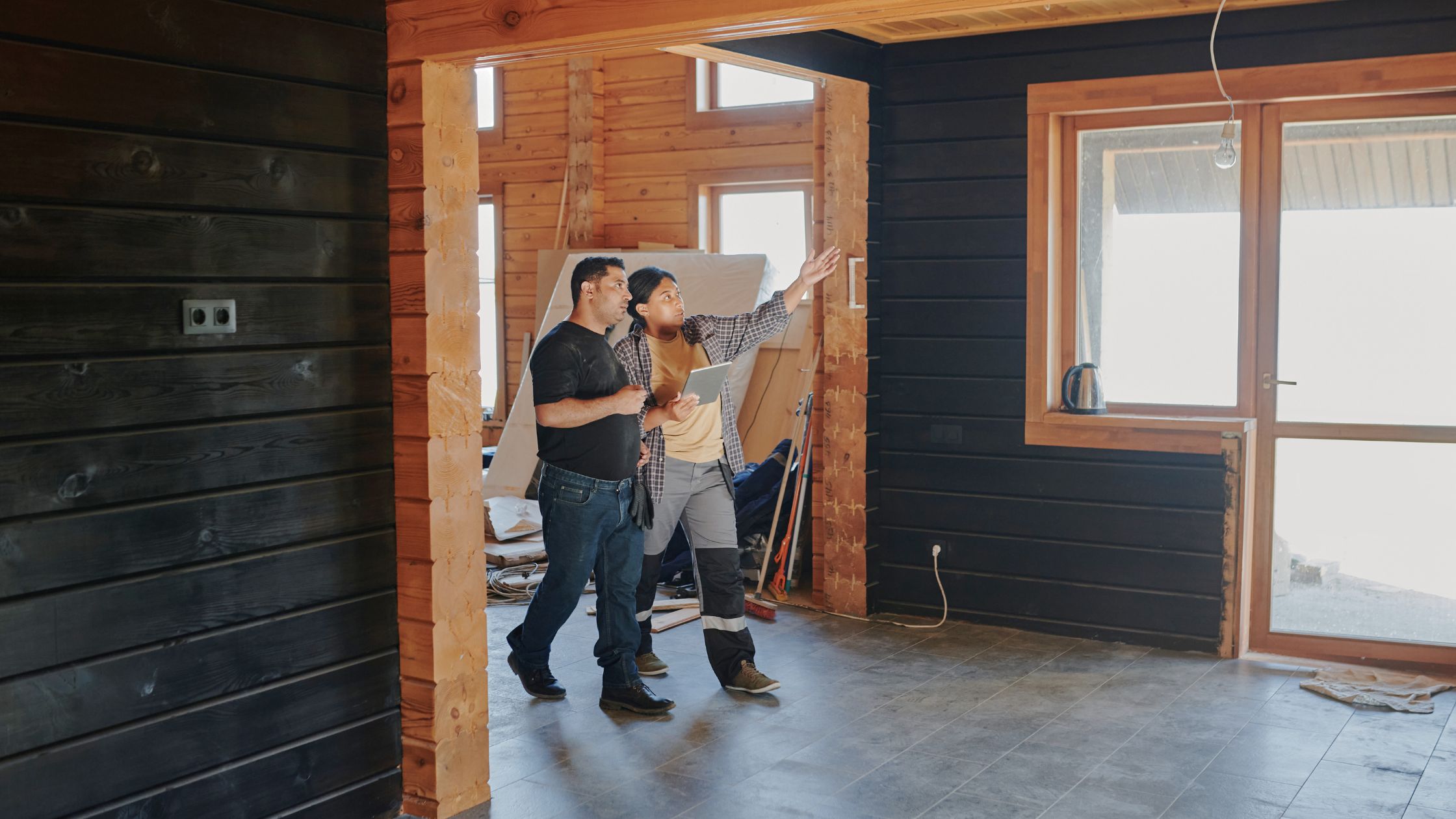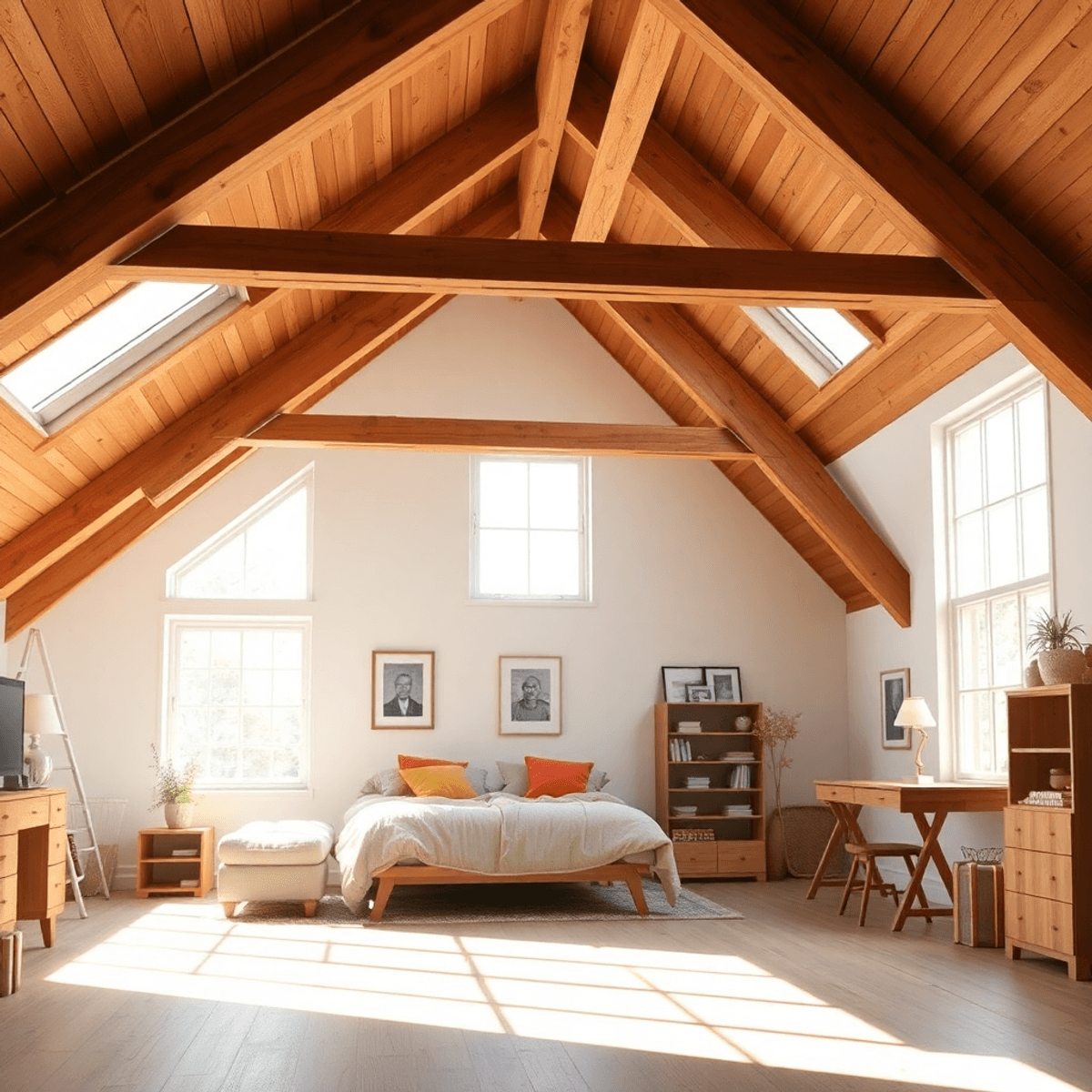Basement Waterproofing Guide: Keep Your Illinois Home Dry and Mold-Free
Basement Waterproofing Guide: Keep Your Illinois Home Dry and Mold-Free addresses a critical concern for homeowners across the state. Illinois experiences heavy rainfall, rapid snowmelt, and rising groundwater every year. These seasonal patterns increase the risk of basement water intrusion and make basement waterproofing Illinois an essential part of home maintenance.
Unchecked water seepage leads to:
- Structural damage: weakened foundations, floors, and walls
- Mold growth: increased health risks for your family
Ignoring these threats can result in expensive repairs and persistent moisture problems. This guide delivers practical strategies for home moisture control and proven mold prevention Illinois solutions. Whether you’re spotting early warning signs or facing ongoing issues with basement dampness, you’ll find actionable steps here to keep your space dry, healthy, and protected year-round.
Consider incorporating universal design principles into your remodeling plans to enhance functionality while addressing moisture issues. If you’re planning a bathroom remodel in Lindenhurst, Illinois, it’s crucial to factor in waterproofing measures as bathrooms are often susceptible to water damage.
If you’re dealing with insurance work due to previous water damage, our handyman services can assist in managing the repairs effectively. Furthermore, if you’re considering a larger remodeling project in Lake County, our budgeting guide can provide valuable insights into managing costs while ensuring quality work.
Understanding Basement Water Problems in Illinois
Illinois basement water issues stem from several predictable patterns unique to the region. Heavy spring rains, rapid snowmelt, and rising groundwater levels all increase the threat of water intrusion. When storms saturate the ground or snow rapidly thaws, hydrostatic pressure pushes moisture through even small cracks in basement walls and floors.
Local climate and soil conditions amplify these challenges. Much of Illinois features clay-rich soils that retain water, holding it against foundations for extended periods. This persistent moisture creates ideal conditions for seepage through porous concrete, block walls, or mortar joints.
Recognizing Early Signs
Recognizing early signs is critical:
- Persistent humidity or condensation on walls
- Visible water stains or discoloration along baseboards
- Musty odors signaling hidden mold or mildew
- Damp spots or standing water on floors after rainfall
Ignoring these warning signs puts the home at risk. Water seepage causes gradual but severe foundation damage. Over time, repeated wetting and drying cycles weaken concrete, rot wooden supports, and cause wall bowing or floor cracking. Structural integrity suffers as these issues compound, often leading to expensive repairs if not addressed promptly.
Why Proactive Waterproofing Is Essential
The combination of weather patterns and ground composition makes proactive waterproofing essential for Illinois homeowners looking to safeguard their property against seasonal moisture effects. Implementing smart bathroom storage ideas can also help manage the increased humidity levels often associated with basement water problems.
Moreover, considering the use of sustainable building materials during construction or renovation can significantly enhance a home’s resilience against such issues. For instance, a well-designed cedar pergola can provide much-needed shade and reduce humidity levels around the house.
Additionally, screen houses can serve as a buffer against seasonal moisture while providing additional living space. It’s also crucial to incorporate security measures in your home renovation plans to protect your property from potential water damage-related theft or vandalism.
Health and Structural Risks of Basement Moisture and Mold
Persistent moisture in basements creates an ideal environment for mold and mildew, two of the most common sources of basement mold health risks. These fungi thrive in damp, enclosed spaces, rapidly colonizing drywall, wood, insulation, and stored belongings. Even small patches can release spores into the air, leading to:
- Respiratory issues: Chronic coughing, wheezing, sinus congestion
- Allergic reactions: Sneezing, itchy eyes, skin irritation
- Worsening of asthma or other pre-existing lung conditions
Children, seniors, and anyone with compromised immune systems face heightened risks when exposed to indoor mold.
Excess moisture not only impacts health but also leads to structural damage from moisture that Illinois homes are especially prone to. Waterlogged materials lose strength over time:
- Wooden beams can rot and warp
- Metal supports may corrode
- Concrete weakens as cracks expand
Ignored leaks or persistent dampness allow these problems to worsen quietly behind walls or under floors. As structural integrity declines, the risk of costly repairs increases.
Air quality suffers as musty odors and airborne spores circulate throughout living spaces. A neglected wet basement doesn’t just lower property value—it threatens both your home’s safety and your family’s wellbeing. To counter this, it’s essential to implement effective strategies to improve basement air quality.
Effective waterproofing acts as a barrier against ongoing deterioration of both health and structure. This is where smart storage ideas come into play; by maximizing space and reducing clutter in the basement, you can help mitigate some of the moisture issues.
Moreover, if you’re considering remodeling your kitchen or any part of your home to better handle these issues or to enhance your living space, Rohrer for Construction offers a range of services that could be beneficial. You could even explore options for creating a screened porch or sunroom, which could provide additional living space away from the dampness of the basement.
Lastly, if you’re thinking about turning your basement into a finished space despite its current condition, it’s crucial to understand the potential risks involved. For more information on this topic, you might want to check out some recent guides from Rohrer for Construction that cover various aspects of home renovation including finished basements.
Professional Basement Waterproofing Solutions Available in Illinois
Selecting professional waterproofing services in Illinois provides homeowners with a higher level of protection and expertise. Licensed specialists offer tailored solutions that address the unique challenges of Illinois’s climate and soil conditions.
Benefits of Professional Waterproofing:
- Access to expert assessment and diagnosis
- Customized plans based on specific home and site conditions
- Assurance of quality workmanship with warranties
Exterior Waterproofing Methods:
- Membranes: Application of waterproof membranes along exterior walls creates a continuous barrier, blocking soil moisture from entering the basement.
- Sealants: Heavy-duty sealants reinforce vulnerable areas, preventing water ingress where foundations meet the surrounding earth.
Interior Waterproofing Techniques:
- Crack Sealing: Epoxy or polyurethane injections seal foundation cracks, stopping leaks at their source.
- Sump Pump Installation: Sump pumps remove accumulated water from the basement, actively protecting against flooding during storms or rapid snowmelt.
- Interior Drainage Systems: Perimeter drains installed beneath the basement floor collect and channel water to sump pits, preventing pooling and dampness
Foundation Repair as a Waterproofing Component:
Structural repairs such as underpinning, wall reinforcement, or releveling may be necessary if water intrusion has already compromised the foundation. These repairs are often integrated into a complete Basement Waterproofing Guide: Keep Your Illinois Home Dry and Mold-Free strategy to restore structural integrity and stop future leaks.
Professionals blend these solutions for optimal results, adapting each method to the condition of your home while using proven technologies found across leading drainage systems Illinois providers.
In addition to waterproofing, homeowners can also explore outdoor living trends which can enhance their property’s value and usability. Furthermore, if you’re looking for ways to make an old Illinois basement look new and modern, there are numerous strategies available that can transform your underutilized basement into a fully functional part of your home.
Key Waterproofing Methods Explained
1. Exterior Waterproof Membranes
Applying exterior waterproof membranes is one of the most effective defenses against soil water penetration. Professionals excavate around the foundation and apply a heavy-duty membrane or liquid sealant to the exterior walls. These barriers stop groundwater from seeping through porous concrete, protecting basements from seasonal rainfall and snowmelt. Modern products are engineered for flexibility and long-term durability, making them a top choice for homes exposed to harsh Illinois weather.
2. Interior Crack Sealing
Basement leaks often start with small cracks in walls or floors. Interior crack sealing involves injecting polyurethane or epoxy into these gaps. This process not only stops active leaks but also reinforces the structural integrity of the basement. For Illinois homeowners, interior crack sealing is a fast and minimally invasive way to address water intrusion at its source.
3. Sump Pumps and Drainage Systems
Installing a sump pump removes water that collects beneath your basement floor, automatically pumping it away from your foundation. Interior drainage channels direct seepage toward the sump pit, ensuring efficient removal even during heavy storms.
4. French Drains Installation
A French drain is a gravel-filled trench containing a perforated pipe designed to divert groundwater away from your home’s foundation. By lowering hydrostatic pressure and channeling water safely away, French drains reduce the risk of seepage and help maintain dry conditions year-round. This method is widely recommended for properties with persistent surface or subsurface water issues.
However, despite these preventive measures, water damage can still occur due to unforeseen circumstances such as heavy rainfall or plumbing failures. In such cases, it’s crucial to have a plan in place for water damage restoration.
Steps for Homeowners to Assess Basement Waterproofing Needs
Recognizing the early warning signs of moisture issues is essential for Illinois homeowners. A proactive approach using a basement inspection checklist can help you spot trouble before extensive damage occurs.
Identifying Early Warning Signs
Use this quick checklist to catch the most common signs of water damage basement Illinois:
- Musty or earthy odors, especially after rainfall
- Visible damp spots on floors or walls
- Water stains, peeling paint, or white chalky residue (efflorescence)
- Rust on appliances or metal items stored in the basement
- Unusual humidity or condensation on windows and pipes
Unaddressed moisture often leads to worsening structural problems and mold growth.
Professional Inspections: Why They Matter
DIY observation catches obvious symptoms, but only a professional can provide an accurate diagnosis and tailored solution plan. Licensed waterproofing experts know how to assess less visible risks and underlying causes. Their experience with local soil conditions and climate ensures recommendations are effective for Illinois environments.
Tools Used by Experts
Professionals rely on advanced diagnostic tools to go beyond what’s visible:
- Moisture meters precisely measure dampness inside materials.
- Infrared cameras detect temperature differences that reveal hidden leaks behind walls and under flooring.
- Specialized probes identify high-moisture areas that may not yet show surface symptoms.
A thorough inspection provides the foundation for a successful waterproofing strategy that’s customized to your home’s needs.
Considering Home Expansion Options
If you’re facing significant moisture issues that require extensive repairs, it might be worth considering home expansion options as part of your overall strategy. This could involve a second-story addition or a main-floor expansion, depending on your specific needs and circumstances.
Benefits of Early Investment in Basement Waterproofing for Illinois Homes
Investing in basement waterproofing at the earliest signs of trouble offers distinct advantages for Illinois homeowners. Major cost savings emerge as a primary benefit, since early intervention prevents minor leaks and dampness from escalating into foundation cracks, wall bowing, or widespread mold infestations. Repairing structural damage or performing mold remediation after prolonged moisture exposure often exceeds the cost of proactive waterproofing by thousands of dollars.
1. Preserving Home Value in Illinois
A dry, well-maintained basement directly supports property value. Potential buyers look for homes that show no water damage or musty odors—signs that maintenance has been prioritized and future repair costs are less likely. Real estate agents consistently rank a dry basement as a top selling point in local markets.
2. Maintaining Structural Integrity
Water intrusion can steadily undermine concrete footings, weaken floor joists, and deteriorate masonry walls. Early waterproofing keeps these critical components sound and functional.
3. Long-Term Peace of Mind
With professional waterproofing in place, you gain lasting protection against seasonal threats like heavy rain, snowmelt, or rising groundwater. Homeowners sleep easier knowing their investment is shielded from the region’s unpredictable weather patterns.
The Basement Waterproofing Guide: Keep Your Illinois Home Dry and Mold-Free emphasizes that early action not only secures your home’s structure but also spares you from disruptive repairs and unexpected expenses down the road.
In addition to these benefits, an early investment in basement waterproofing can also open up opportunities for home improvement projects. For instance, with a properly waterproofed basement, homeowners can consider [installing water-resistant vinyl flooring](https://rohrerforconstruction.com/portfolio_category/vinyl-flooring), which not only enhances the aesthetic appeal of the space but also adds durability and value to the home.
Real Experiences from Illinois Homeowners with Basement Waterproofing
Homeowner testimonials basement waterproofing Illinois reveal the direct impact of swift, professional intervention. Many families across the state have faced persistent issues before seeking expert help:
1. Oak Park Family — Persistent Dampness and Wall Staining
“We noticed our basement floor was always slick, and dark stains kept spreading along the walls after every rain,” recalls a homeowner in Oak Park. After consulting a licensed contractor, they opted for exterior waterproof membranes combined with an interior sump pump. The result: dry floors, no more wall staining, and a comfortable living space for their children.
2. Springfield Home — Mold Outbreaks and Musty Odors
A Springfield couple battled musty odors and visible mold patches behind stored boxes for years. Professional assessment identified hidden cracks and poor drainage as root causes. Sealing the cracks and adding an interior French drain system eliminated both moisture and mold, dramatically improving indoor air quality.
3. Naperville Property — Recurring Water Intrusion
One Naperville homeowner faced repeated water pooling during snowmelt season. Installing a sump pump and reinforcing exterior sealants prevented further incidents. The homeowner reports peace of mind through every spring thaw since.
Homeowner testimonials consistently highlight rapid transformation—basements shifting from problematic to protected environments after tailored waterproofing solutions are applied. These real-world stories underscore the value of addressing basement water problems promptly with proven methods.
Choosing the Right Waterproofing Contractor in Illinois
Selecting the best basement waterproofing contractors Illinois has to offer requires careful consideration. Not all contractors deliver the same level of expertise or service, and your choice can directly impact the long-term effectiveness of your basement protection.
Key Criteria for Contractor Selection
When choosing a waterproofing contractor, keep these important factors in mind:
- Proper Licensing and Insurance: Verify that any contractor holds valid state licensing and adequate insurance coverage. This protects you from liability and ensures compliance with local regulations.
- Experience with Local Conditions: Illinois basements face unique challenges like clay-heavy soils, fluctuating groundwater, and freeze-thaw cycles. Look for a contractor with extensive experience addressing these regional factors.
- Reputation and Reviews: Check online reviews, Better Business Bureau ratings, and request references from previous clients in your area.
Essential Questions to Ask Before Hiring
Before making a decision, ask potential contractors these questions:
- What waterproofing methods do you recommend for my specific foundation type?
- Can you provide recent references from Illinois homeowners with similar projects?
- How do you handle unexpected complications during the job?
- Will you perform a detailed inspection and provide a written estimate?
Importance of Warranties & Service Agreements
A reputable contractor should stand behind their work. Insist on:
- Written warranties covering both materials and labor.
- Clear follow-up service agreements detailing maintenance or future inspections.
Choosing wisely ensures your investment delivers lasting results—protecting your home from Illinois’ toughest weather for years to come.
If you’re also considering a renovation that involves waterproofing, it’s essential to choose the best materials for your Illinois renovation. Additionally, if you’re planning a kitchen remodel alongside the waterproofing project, it’s worth exploring kitchen remodeling options that suit your needs.
For those seeking general contractor services, Rohrer For Construction provides a range of options tailored to your requirements. They also specialize in kitchen remodeling, making them a versatile choice for homeowners in Wauconda looking to enhance their living spaces.
Conclusion and Final Tips for Keeping Basements Dry and Mold-Free in Illinois
Staying proactive with basement maintenance tips Illinois homeowners trust is crucial for long-term protection. Regularly check for musty smells, visible water stains, and condensation on basement walls. Keep gutters and downspouts clear to channel rainwater away from your foundation. Install a dehumidifier to control humidity, which supports mold prevention strategies home basements need.
A licensed waterproofing professional can detect hidden issues early—helping you avoid expensive structural repairs and safeguarding your home’s air quality. Addressing small leaks promptly prevents them from turning into major problems, keeping your property value intact.
The Basement Waterproofing Guide: Keep Your Illinois Home Dry and Mold-Free highlights the importance of early intervention. Professional evaluation not only reduces risk but also ensures the most effective, customized solutions for your unique situation.
Routine inspections, moisture management, and swift action are the backbone of a safe, mold-free basement in every Illinois home.
In addition to these basement tips, maintaining cleanliness in other areas of your home, like the kitchen, can also contribute to overall hygiene and health. For instance, keeping your kitchen counter neat and clean can prevent the spread of mold spores that often thrive in cluttered or dirty environments.
The information provided in the Basement Waterproofing Guide: Keep Your Illinois Home Dry and Mold-Free draws on a variety of trusted resources, industry standards, and first-hand homeowner experiences. Each source enhances the accuracy and reliability of the guidance offered.
Key References:
- Illinois Emergency Management Agency: Offers seasonal flood preparedness tips and basement protection strategies specific to Illinois weather patterns.
- U.S. Environmental Protection Agency (EPA): Provides detailed reports on indoor air quality, mold prevention, and the health effects of damp environments.
- American Society of Home Inspectors (ASHI): Shares best practices for identifying water intrusion risks and evaluating basement conditions.
- National Association of Waterproofing and Structural Repair Contractors (NAWSRC): Sets industry benchmarks for waterproofing technology, contractor qualifications, and service standards.
- Case studies from Illinois homeowners compiled through local contractor testimonials and regional home improvement forums demonstrate real-world challenges and outcomes.
For technical descriptions of waterproofing products, manufacturer websites such as Tremco, Drylok, and Zoeller Pumps have been referenced.
These sources provide a comprehensive foundation for understanding effective basement waterproofing methods that address Illinois’ unique climate challenges. Up-to-date data, local expertise, and expert-reviewed guidelines ensure homeowners receive actionable advice tailored to their needs.
FAQs (Frequently Asked Questions)
Why is basement waterproofing important for Illinois homeowners?
Basement waterproofing is crucial for Illinois homeowners due to the state’s seasonal challenges such as heavy rainfall, snowmelt, and rising groundwater. These conditions increase the risk of water seepage, which can lead to structural damage and mold growth, compromising both the home’s integrity and indoor air quality.
What are common causes of basement water problems in Illinois?
Common causes include rainfall, snowmelt, and high groundwater levels influenced by Illinois’ local climate and soil conditions. These factors contribute to moisture intrusion through cracks or porous foundation materials, leading to dampness, stains, humidity, and odors in basements.
What health and structural risks are associated with basement moisture and mold in Illinois homes?
Excess moisture encourages mold and mildew growth in enclosed basement spaces, posing health hazards such as respiratory issues and allergies. Structurally, untreated moisture can weaken floors and walls over time, damaging the foundation and reducing the home’s overall stability.
What professional basement waterproofing solutions are available in Illinois?
Licensed professionals offer tailored solutions including exterior waterproofing methods like membranes and sealants to block soil water ingress; interior techniques such as crack sealing, sump pump installation, and interior drainage systems; as well as foundation repair services as part of comprehensive waterproofing strategies.
How can Illinois homeowners assess if their basement needs waterproofing?
Homeowners should look for signs like musty odors, visible damp spots, humidity, stains, or persistent odors. Utilizing a basement inspection checklist and considering professional inspections with diagnostic tools such as moisture meters and infrared cameras ensures accurate diagnosis and effective solution planning.
What are the benefits of early investment in basement waterproofing for Illinois homes?
Early investment helps avoid costly foundation repairs and mold remediation by preventing water damage. It preserves structural integrity, maintains or enhances property value, provides peace of mind against seasonal water threats, and contributes to healthier indoor air quality by controlling moisture effectively.
news via inbox
Nulla turp dis cursus. Integer liberos euismod pretium faucibua
